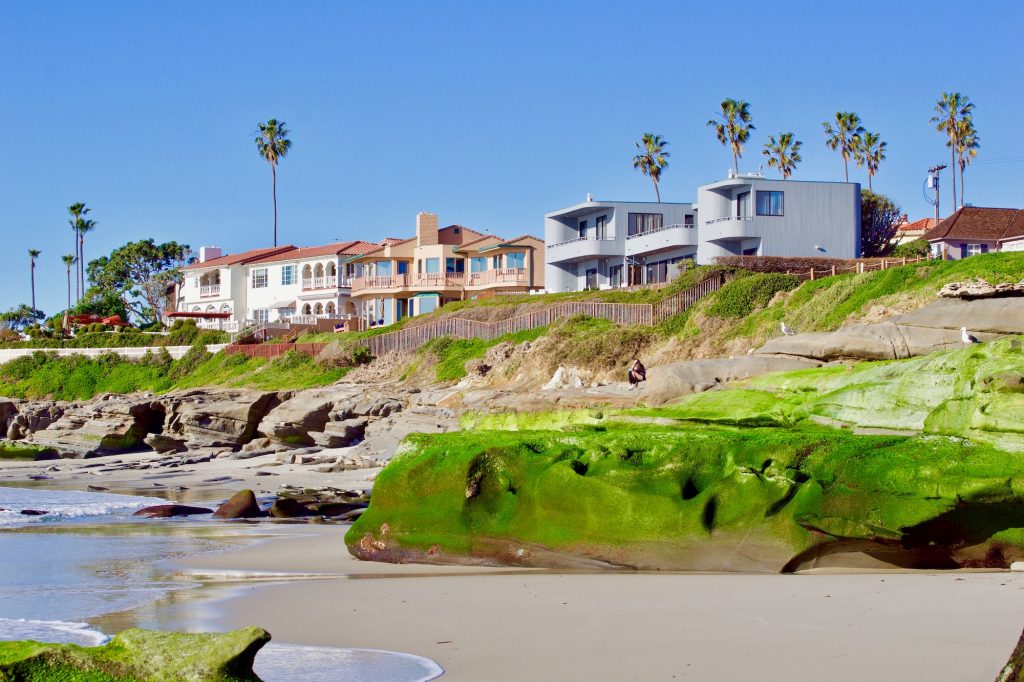If you own a home near the coast, then you know that it is exposed to a unique set of challenges when it comes to its roofing. The coastal environment is characterized by high levels of salt, moisture, and wind, which can all cause significant damage to a roof. In this article, we will discuss the best roofing options for coastal homes to ensure that you make the right choice.

Introduction
Coastal homes require special attention when it comes to roofing. High winds, heavy rains, and exposure to salt can all damage traditional roofing materials, leading to leaks, rot, and other issues. In this article, we will explore the best roofing options for coastal homes and discuss the factors you should consider when choosing a roofing material.
Factors to consider when choosing to roof coastal homes
When choosing a roofing material for your coastal home, you need to consider a variety of factors, including:
- Resistance to wind damage
- Resistance to moisture and salt
- Durability
- Energy efficiency
- Aesthetics
With these factors in mind, let’s explore some of the best roofing options for coastal homes.
Metal Roofing
Metal roofing is a popular choice for coastal homes because of its durability and resistance to salt and moisture. There are two main types of metal roofing: corrugated metal roofing and standing seam metal roofing.
Corrugated Metal Roofing
Corrugated metal roofing is a cost-effective option that is easy to install. It is made of thin sheets of metal that are corrugated for strength and durability. This type of roofing is lightweight and can withstand high winds, making it a great choice for coastal homes.
Standing Seam Metal Roofing
Standing seam metal roofing is a more expensive option than corrugated metal roofing, but it offers superior durability and energy efficiency. This type of roofing is made of interlocking metal panels that are installed vertically along the roof’s surface. Standing seam metal roofing is resistant to wind, moisture, and salt, making it an excellent choice for coastal homes.
Clay and Concrete Tiles
Clay and concrete tiles are another popular roofing option for coastal homes. These materials are resistant to salt and moisture, and they offer excellent durability. They are also energy efficient, which can help you save money on your energy bills.
Slate and Synthetic Slate Roofing
Slate and synthetic slate roofing are both excellent options for coastal homes. These materials are durable and resistant to salt and moisture. They are also energy efficient, which can help you save money on your energy bills.
Asphalt Shingles
Asphalt shingles are a cost-effective roofing option that can be a good choice for coastal homes. They are durable and resistant to wind and moisture, and they are easy to install. However, they are not as resistant to salt as some other roofing materials.
Polymer Roofing
Polymer roofing is a relatively new roofing material that is becoming increasingly popular for coastal homes. It is made of plastic and is extremely durable and resistant to wind, moisture, and salt. Polymer roofing is also energy efficient, which can help you save money on your energy bills.
Wood Shingles and Shakes
Wood shingles and shakes are traditional roofing materials that can be a good choice for coastal homes. They are durable and resistant to moisture and wind, and they offer a natural look that many homeowners find appealing. However, they are not as resistant to salt as some other roofing materials, and they can be more susceptible to rot and decay over time.
Green Roofs
Green roofs are a unique roofing option that can be a great choice for coastal homes. A green roof is a roof that is covered in vegetation, providing many benefits such as insulation, stormwater management, and improved air quality. Green roofs are also resistant to wind and moisture, making them a good option for coastal homes.
Conclusion
Choosing the right roofing material for your coastal home is crucial to ensure its protection from the harsh coastal environment. Each roofing material has its own advantages and disadvantages, and it’s important to consider all factors when making a decision. Metal roofing, clay, and concrete tiles, slate and synthetic slate roofing, asphalt shingles, polymer roofing, wood shingles and shakes, and green roofs are all great options for coastal homes.
